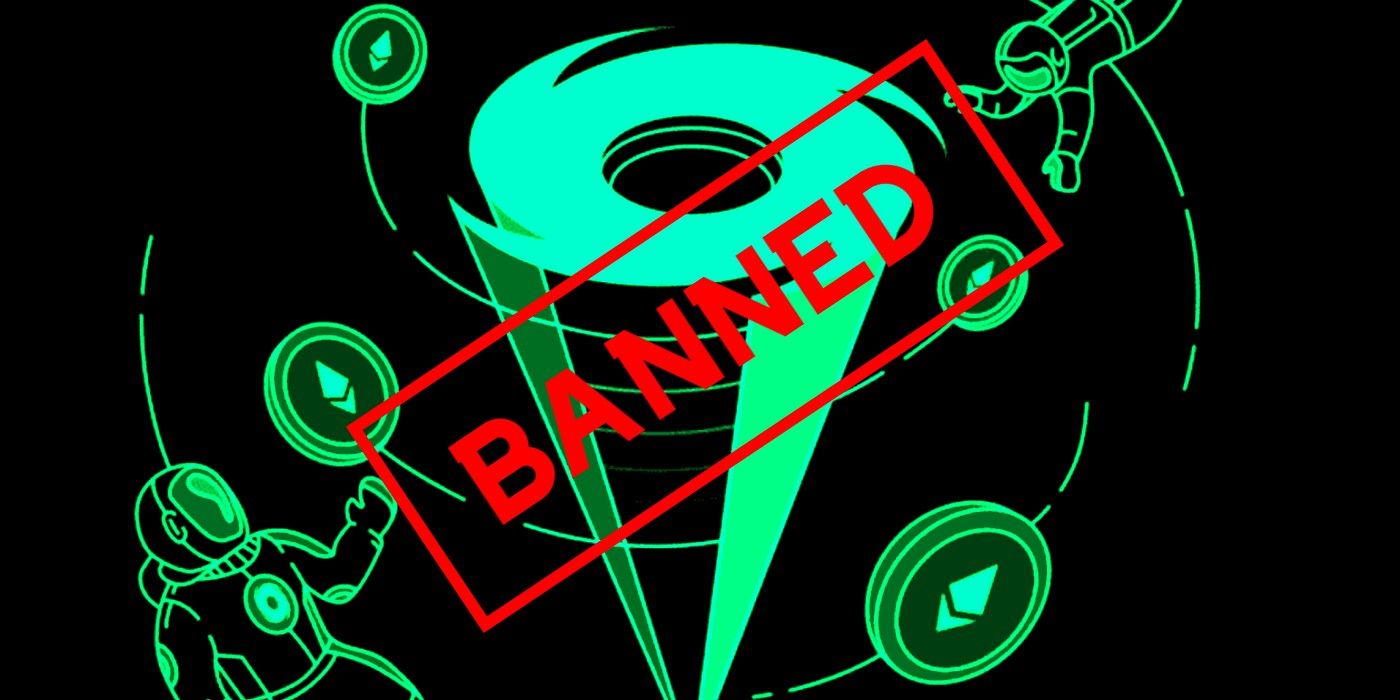Ever since the U.S. Treasury Department placed the Tornado Cash crypto mixer on the OFAC sanctions list, the cryptocurrency community has been in an uproar. The sanctions have brought about an existential debate regarding open-source code, free speech, citizens’ rights to financial privacy, the government’s right to sanction an entire technology instead of just the individuals who abuse it, and the potentially dangerous precedent the Treasury Department is setting for itself.
In August 2022, the U.S. Treasury Department declared sanctions on Tornado Cash and its users, sparking debate and outrage in the crypto community. The Treasury Department had already placed sanctions on Blender, a centralized crypto mixer service. However, Tornado Cash is not owned and operated by a centralized company like Blender was, and is an open-source Ethereum protocol governed by a decentralized autonomous organization (‘DAO’), a community of token holders who can submit proposals, add to the source code, and vote on changes to the Tornado Cash protocol they govern.
As CryptoDaily discusses, many prominent figures in the crypto community believe open-source code is protected free speech, and that the government does not have the right to place sanctions on an open-source technology. Several Coinbase employees and customers have since lost access to their crypto in the wake of the Tornado Cash sanctions, prompting the company to throw its massive financial weight into the class-action lawsuit that was filed against the Treasury Department in August. The privacy concerns around Web3 and blockchain technology are the official reason why crypto mixers exist at all, as there is currently no way to hide a user’s crypto holdings from other users, and discovering or leaking a crypto holder’s identity can place them or people connected to them in danger.
The Sanctions Also Set A Dangerous Precedent
As reported by Blockworks, a contributor to the Tornado Cash open-source code was arrested in Amsterdam shortly after the sanctions were declared, which intensified the crypto community’s fervor in fighting back against the sanctions. They argue that if developers can be arrested and charged for contributing to open-source code that goes on to be used by hackers, crypto scammers, and criminals, then nobody who contributes to open-source projects is safe from the downstream effects of its use by criminals. Most internet technologies used today are open-source and are widely used for criminal activity on the dark web, leading many developers who have contributed to the internet’s open-source technologies to now question their safety and future.
Also troubling is the idea that sanctioning a collection of Ethereum smart contracts is akin to treating an entire technology as an individual, setting a dangerous precedent for all open-source technologies that are sometimes used for illicit activities, including the internet. There is historical precedent for the government trying to intervene against the internet’s development, as seen in the “Crypto Wars” of the 1990’s. The arguments used against internet cryptography back then were the same as those used against cryptocurrency mixers and ‘privacy coins’ today, citing their use in criminal activity. Today, cryptography over the internet is vital for protecting its users, but privacy protections don’t exist yet for public blockchains.
If sanctions can be placed on open-source projects for their downstream use in crime, it is plausible that sanctions could be placed on any open-source technology that is used for crime, such as the entire internet protocol or the world wide web’s source code. While sanctioning a tool often used for money laundering seemed like a step in the right direction, it has ultimately caused immense outrage from the cryptocurrency community for the same…
Read More: screenrant.com










 Bitcoin
Bitcoin  Ethereum
Ethereum  Tether
Tether  XRP
XRP  Solana
Solana  Dogecoin
Dogecoin  USDC
USDC  Cardano
Cardano  Lido Staked Ether
Lido Staked Ether  TRON
TRON  Avalanche
Avalanche  Sui
Sui  Wrapped stETH
Wrapped stETH  Toncoin
Toncoin  Shiba Inu
Shiba Inu  Chainlink
Chainlink  Wrapped Bitcoin
Wrapped Bitcoin  Stellar
Stellar  Hedera
Hedera  Polkadot
Polkadot  WETH
WETH  Bitcoin Cash
Bitcoin Cash  LEO Token
LEO Token  Litecoin
Litecoin  Uniswap
Uniswap  Pepe
Pepe  Hyperliquid
Hyperliquid  Wrapped eETH
Wrapped eETH  NEAR Protocol
NEAR Protocol  Ethena USDe
Ethena USDe  USDS
USDS  Internet Computer
Internet Computer  Aptos
Aptos  Aave
Aave  Mantle
Mantle  MANTRA
MANTRA  POL (ex-MATIC)
POL (ex-MATIC)  Cronos
Cronos  Ethereum Classic
Ethereum Classic  Render
Render  Bittensor
Bittensor  Monero
Monero  Tokenize Xchange
Tokenize Xchange  Artificial Superintelligence Alliance
Artificial Superintelligence Alliance  Dai
Dai  Virtuals Protocol
Virtuals Protocol  Arbitrum
Arbitrum